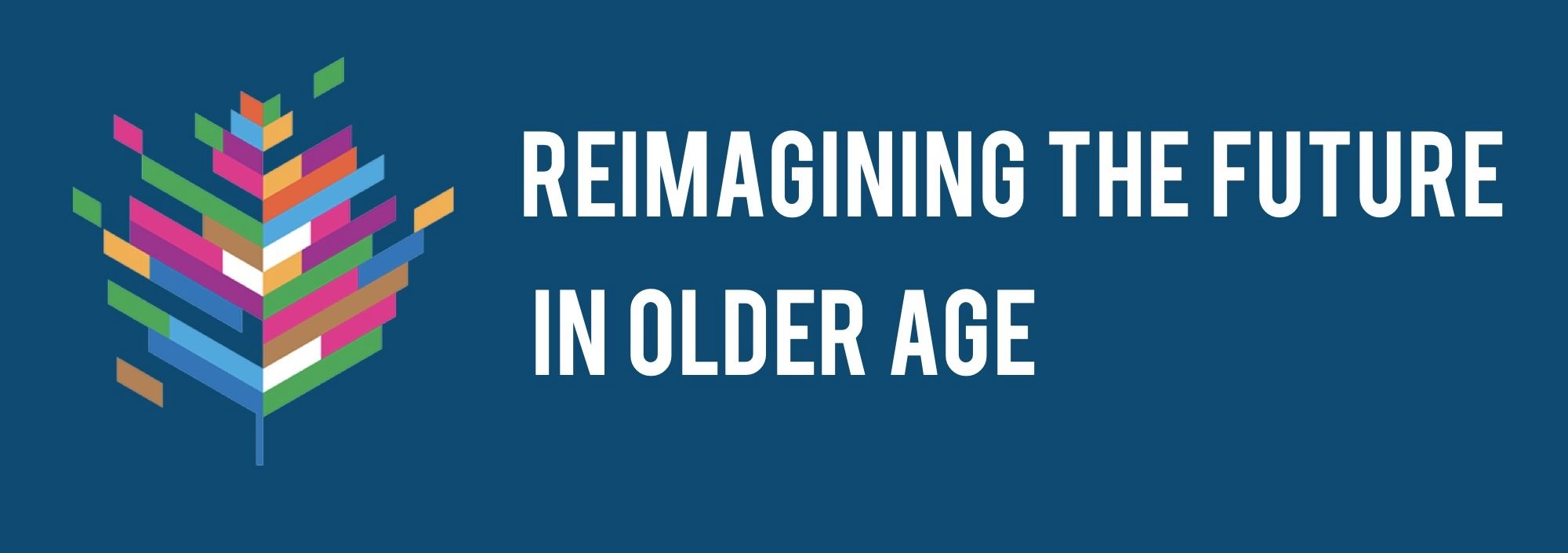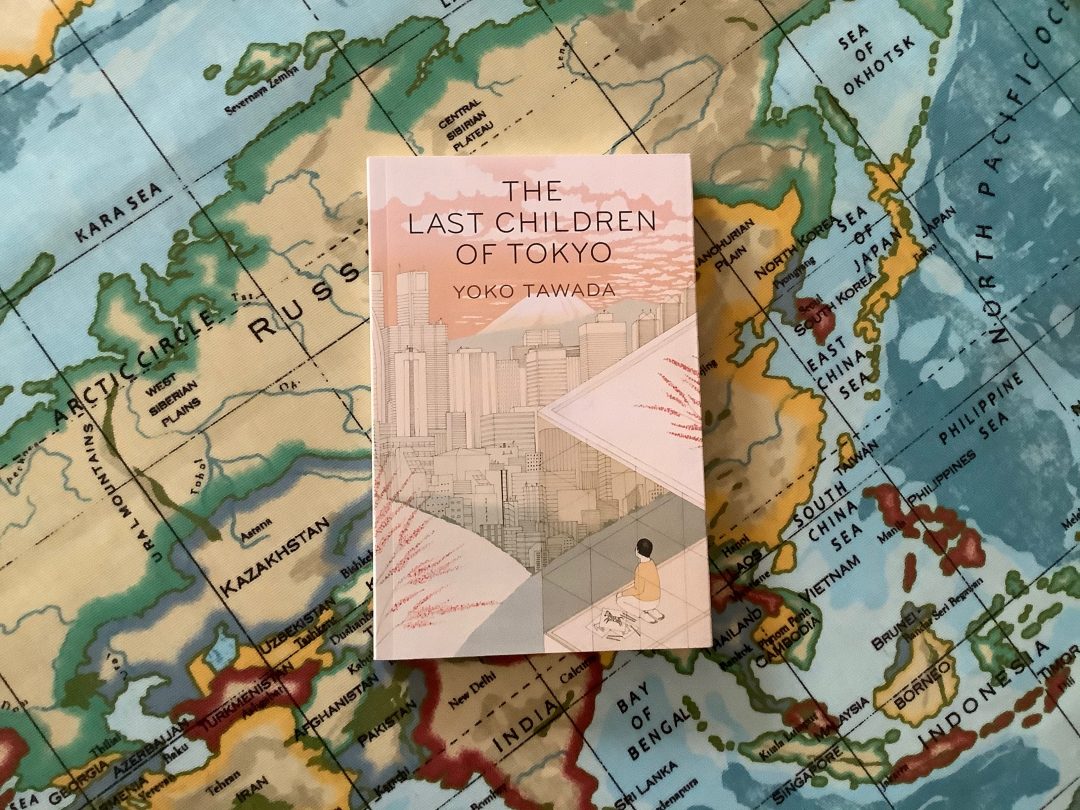All of our intergenerational online reading groups chose to read Yoko Tawada’s The Last Children of Tokyo (first published in Japan in 2014 and in the UK in 2018). This post will consider the groups’ reactions to the book, the vision of the future presented and their thoughts on intergenerational relationships and longevity.
In the Guardian John Self describes The Last Children of Tokyo as being ‘a book unlike any other, while Rivkah Brown writing for the Financial Times suggests that ‘The book achieves a technically impossible balance of open-hearted fable and cold-blooded satire’. The Last Children of Tokyo is a work of specultive fiction set in a future in which an unexplained environmental disaster has resulted in the Japanese government adopting isolationist policies. However the main focus of the book is the relationship between the two main characters Yoshiro and his great grandson Mumei and their everyday experiences.
A far-fetched scenario?
Earlier this year when compiling the list of potential novels for the reading groups to choose from this book seemed an obvious choice given it featured themes of future time and intergenerational relationships. Moreover in the context of the climate protests among young people this seemed an appropriate book to consider such environmental themes and the potential long-term effects of climate change. With Covid-19 resulting in a global pandemic and lock-down in many nations around the world, the isolationist policies of the future Japanese state in The Last Children of Tokyo no longer seemed so far-fetched.
In the first weeks of the pandemic we worried about whether these themes may be too upsetting, but concluded that group members could decide collectively which books they’d like to read. We made a synopsis of each of the novels and discussed them with each group in an initial meeting in May so that members could make an informed choice.
Generations, the environment and care
By the time the groups were reading the book in July and August 2020 we were still in the midst of Covid-19. This affected how the members reacted to the themes in the book as it has each of the novels we have read. In this project we are exploring how older adults think and feel about the future. The intergenerational reading groups are facilitating a discussion across generations about how the members collectively envisage the future and their futures. Covid-19 is currently shaping these thoughts in terms of how long the virus will last and how this will affect the way we live over the next couple of years.
However, we also discussed the longer-term especially in relation to the environment. The group members reflected on how what could be considered progress in the past is now affecting the present and potentially the future. We discussed the stereotypes which abound in the media around generational divisions in relation to the climate and environment and whether it is fair to blame older generations for what may happen in the future. This was a central theme in the book where in this imagined future Tokyo older people have the ‘gift of everlasting life’ but are ‘burdened with the terrible task of watching their great-grandchildren die’. In the novel public holidays had been renamed with ‘Children’s Day’ becoming ‘Apologise to the Children Day’.
Prompted by the absence of characters in the middle age groups (Mumei’s parents and grandparents are absent from his life) members in different groups wondered if those in middle age are doing enough to demand change in terms of the environment. It was felt that the older generations had started the debates in the 1960s and that the younger generations were leading in activism today. However it was appreciated that those in their middle decades perhaps have more of a responsibility of care for others. Although as other members suggested increasing numbers of older adults are also caring for young children. Several members commented that they knew of people who cared for great-grandchildren as the grandparents still worked. We discussed whether this may become more common as people live longer and people retired later too.
Consideration of environmental issues also prompted discussion of consumption in one of the groups and the need for conserving the world’s resources. In the novel practices around consumption of goods and services had changed dramatically from what we experience in the present day. Members discussed how in the future we may also experience changes and perhaps even return to practices more common in the past. A member in another group made a similar point in relation to medicine and the need to return to traditional remedies as a result of antibiotic resistance. It may be the case that in the future we will have to look to the past for solutions.
An enjoyable read?
While some members appreciated the dark satire of the book, others found it a less enjoyable read. Several commented on the ambiguity of the ending. For other members the book prompted a desire to learn more about Japanese culture and experiences of older age and intergenerational relationships and how these may differ from experiences in the UK. All groups agreed that the book gave them lots to think about and reflect upon. We certainly had diverse and wide-ranging discussions.
Have you read The Last Children of Tokyo? What did you think? Let us know by posting comments below.
Valerie
*** Please note the research team will not automatically include posts on this website for analysis in the project data but may contact you if they would like to include your comment ***

